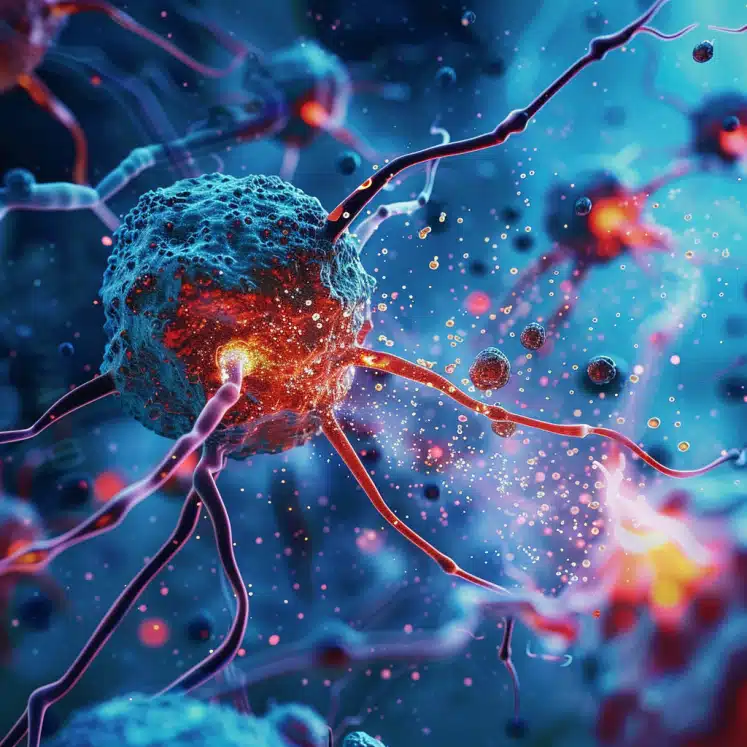Ethylene Oxide Levels Increase Stroke Risk in Young Adults in the U.S. (2024 Study)
Higher ethylene oxide (EtO) exposure is significantly associated with an increased risk of stroke in U.S. adults, particularly those under 50 years old. Highlights: Higher levels of EtO are linked to increased stroke rates, with individuals in the top 25% of exposure showing a stroke prevalence 1.6 times higher than those in the bottom 25%. …










